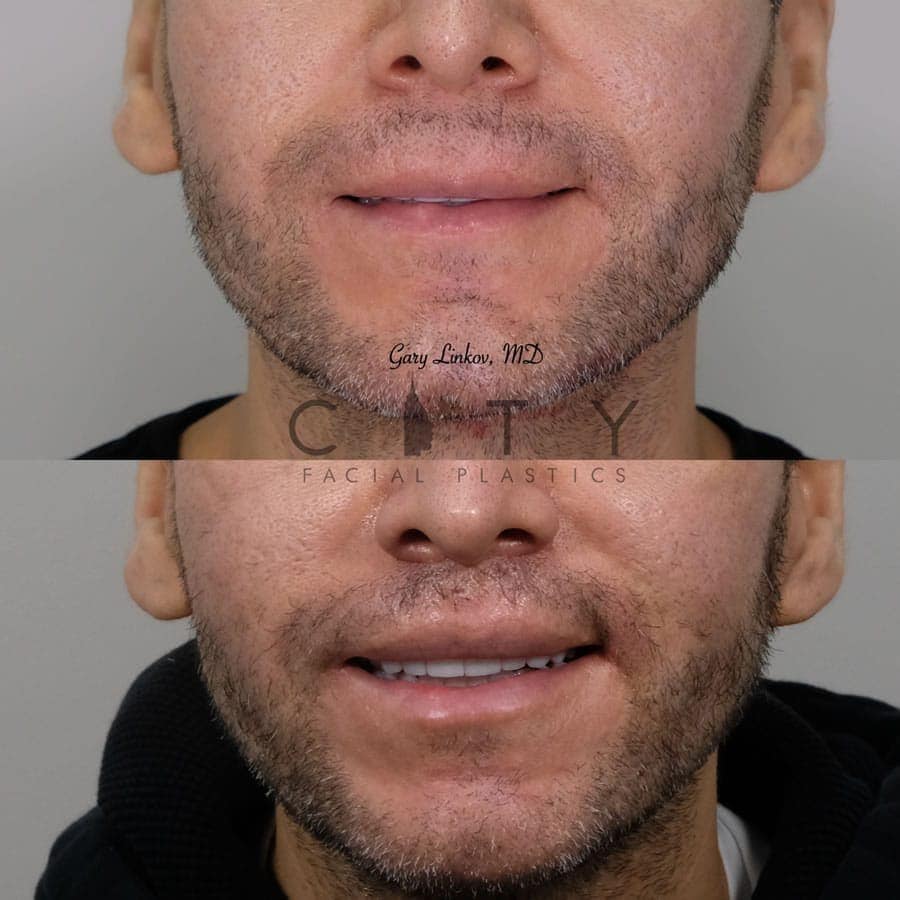Plastic Surgery Rancho Cucamonga: Enhance Your Self-confidence with Custom-made Cosmetic Therapies
Examining the Mental and Social Aspects That Drive Individuals to Take Into Consideration Aesthetic Surgery as a Way of Renovation
The decision to go after plastic surgery typically expands past mere aesthetics, linking with mental and social characteristics that merit detailed assessment. Factors such as self-confidence, prevalent societal elegance criteria, and the prevalent impact of social networks assemble to form specific motivations for medical improvement. As these impacts become progressively noticeable, recognizing the underlying social and emotional contexts is important. What continues to be to be checked out is the profound effect these aspects have not just on individuality but also on broader societal norms and values bordering appeal and approval.
The Duty of Self-Esteem
Self-esteem dramatically affects an individual's decision to pursue plastic surgery. People with reduced self-esteem typically view themselves in an unfavorable light, resulting in feelings of insufficiency regarding their physical look. This unfavorable self-perception can drive them to seek surgical treatments as a technique of enhancing their self-image. The desire for improvement in one's look is often linked to a belief that such modifications will certainly raise their total self-respect and confidence.

Inevitably, the role of self-confidence in the decision-making process relating to plastic surgery highlights the complicated interaction between body picture, individual satisfaction, and psychological wellness. Comprehending this connection is vital for healthcare professionals to make sure that individuals are making informed decisions rooted in sensible assumptions and psychological well-being.
Societal Charm Specifications
Influenced by prevalent media representations and cultural stories, societal appeal standards play a critical role fit individuals' understandings of their very own bodies. These standards are typically defined by an idealized type of appeal that highlights qualities such as balance, youthful vigor, and slimness. As these ideals are continued with various networks, including film, marketing, and television, people often internalize these messages, resulting in frustration with their all-natural appearance.
The effects of these social standards extend past aesthetic preferences; they can affect self-esteem, psychological health, and interpersonal connections. Individuals that regard themselves as disappointing these standards might experience sensations of inadequacy, motivating a wish for plastic surgery as a means of accomplishing social authorization. This pursuit is usually sustained by the belief that adapting these perfects will improve not only physical look but additionally social standing and personal gratification.

Impact of Social Media
The influence of societal elegance requirements is more magnified by the rise of social media sites systems, where curated photos and idealized depictions of appeal are ubiquitous. Individuals are constantly exposed to filteringed system and edited photos, which frequently illustrate unattainable physical attributes. This exposure grows a society of comparison, leading individuals to analyze their very own look against these commonly impractical criteria.
Social media site influencers and celebrities frequently promote aesthetic procedures, normalizing the concept that surgical improvements are a viable ways for achieving societal ideals (plastic surgery rancho cucamonga). The visibility of these enhancements can create a perception that undertaking plastic surgery is a typical practice, thus influencing individuals to consider comparable treatments as a pathway to enhanced self-esteem and social acceptance
Furthermore, the interactive nature of social media sites enables immediate feedback through likes and remarks, additionally strengthening the wish to adhere to popular appeal requirements. Such communications can aggravate sensations of insufficiency and drive people toward cosmetic surgical treatment as a way of acquiring validation. Ultimately, social anonymous media sites plays an essential duty fit perceptions of beauty, which considerably impacts the decision-making procedures bordering plastic surgery.

Social Viewpoints on Appearance
Across various cultures, assumptions of appearance are deeply rooted in historical, social, and economic contexts, shaping people' sights on elegance and worth. In several cultures, appearance acts as a considerable marker of identity, affecting social standing, specialist possibilities, and individual connections. As an example, in some cultures, light skin is typically connected with wide range and privilege, while others may idealize darker complexion as signs of toughness and authenticity.
Furthermore, standard charm standards are frequently perpetuated with social stories, media representations, and family affects, causing differing ideals across various regions (plastic surgery rancho cucamonga). In Western cultures, the emphasis on youth and fitness typically drives people toward aesthetic improvement, while in certain Eastern societies, even more subtle changes lined up with standard aesthetic appeals may be chosen
Globalization and the proliferation of digital media have better complicated these dynamics, producing a hybridization of appeal suitables that goes beyond geographical limits. As individuals increasingly browse these social stories, the pressure to adapt specific appearance standards can lead to the desire for cosmetic surgery, reflecting a complex interplay of cultural worths and personal ambitions. Comprehending these social perspectives is vital in resolving the motivations behind cosmetic surgical treatment considerations.
Emotional Impacts of Cosmetic Surgical Treatment
Many people seeking plastic surgery report experiencing profound psychological effects that can considerably modify their self-perception and emotional health - plastic surgery rancho cucamonga. The desire for physical improvement frequently comes from underlying issues such as reduced self-esteem, body dysmorphic condition, or social stress concerning beauty requirements. For some, the instant post-operative stage can cause a temporary increase in self-confidence and complete satisfaction with their look, promoting a sense of empowerment
Nevertheless, these favorable sensations might not be enduring. Research shows that while some patients experience boosted self-confidence, others may deal with increased stress and anxiety or depression if their assumptions are not fulfilled. This inconsistency can occur from unrealistic suitables bolstered by media depiction and social stories bordering elegance.
Additionally, the mental ramifications of cosmetic surgery expand beyond the individual. Relationships with family members here and buddies may be strained as social dynamics change, leading to sensations of seclusion or alienation. Inevitably, the emotional influences of cosmetic surgical treatment are diverse and intricate, calling for careful consideration by both prospective patients and medical care companies to guarantee educated decision-making and realistic assumptions.
Conclusion
In verdict, the choice to go after advice plastic surgery is significantly affected by a combination of self-worth concerns, societal elegance criteria, and social perspectives on appearance. The pervasive reach of social media sites further aggravates these stress, advertising impractical perfects that individuals commonly aim to attain. Understanding these mental and social elements is important for dealing with the motivations behind plastic surgery, highlighting the need for an extra nuanced conversation surrounding beauty and self-acceptance in modern society.
The decision to go after cosmetic surgical treatment usually expands beyond plain looks, linking with mental and social dynamics that merit complete evaluation. Inevitably, social media plays an essential role in forming assumptions of elegance, which considerably influences the decision-making processes surrounding cosmetic surgery.
As individuals progressively navigate these social stories, the pressure to conform to certain appearance criteria can lead to the desire for cosmetic surgery, reflecting a complex interaction of personal desires and social worths.In final thought, the decision to pursue cosmetic surgery is significantly influenced by a mix of self-confidence problems, societal charm standards, and social viewpoints on look. Comprehending these psychological and social aspects is essential for attending to the inspirations behind cosmetic surgery, highlighting the requirement for a more nuanced discussion bordering appeal and self-acceptance in modern culture.